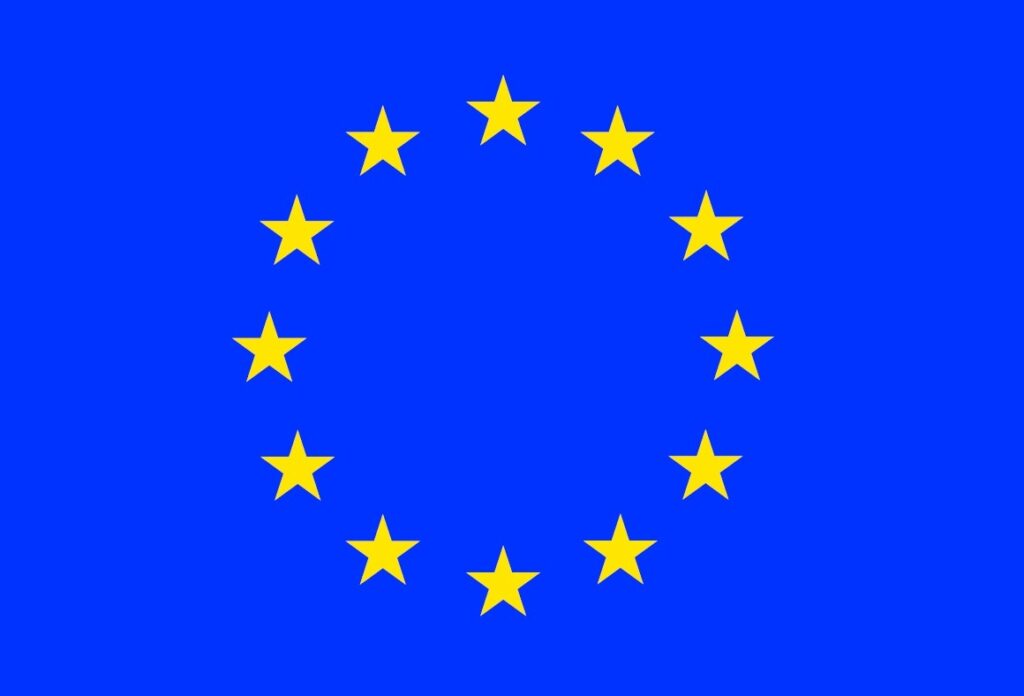Meeting of Accession Conference with Lithuania in 2001
Statement by Mr. Antanas Valionis,
Head of Negotiations Delegation,
Minister of Foreign Affairs of the Republic of Lithuania

Mr. Chairman,
Dear colleagues,
Let me start with the Regular Report on Lithuania’s progress towards accession to the European Union. The Report is objective, comprehensive and useful – I can only commend the Commission on this. Report presents a realistic picture of Lithuania’s achievements and shortcomings. We are fully aware of the shortcomings identified and we work intensively to tackle them. Programme of the Lithuanian Government and the Action Plan for its implementation reflects the objectives identified by the Commission and the priorities of the updated Accession Partnership.
I also welcome the Enlargement Strategy Paper by the Commission as well as the recent conclusions of the General Affairs Council. The message for us is clear – it is possible to conclude negotiations with the most advanced countries – including Lithuania – by the end of 2002 so that they can become members of the EU in 2004.
*****
Mr. Chairman,
Dear colleagues,
Conference
I would like to confirm our agreement with today’s agenda and summary conclusions of the fourth Ministerial meeting of the Accession Conference, held on 11 June 2001.
I can confirm the Lithuanian side’s agreement that the chapters on Environment, Free Movement of Persons, Customs Union, Competition do not require further negotiations at this stage.
*****
Mr. Chairman,
Dear colleagues,
Let me briefly overview the chapters we provisionally closed after the last Ministerial meeting.
By closing the chapter Free Movement of Persons we have not only concluded negotiations in all internal market chapters, but we have also reached an agreement in a highly sensitive field. We are looking forward that more EU member states would explore flexibility with the view of adopting national decisions or start bilateral talks on arrangements between our countries regarding liberalisation in the area of free movement of labour as soon as possible.
As regards Customs Union, I can express our satisfaction with the provisional closure of this important chapter. Lithuania will further consolidate its efforts in computerisation of customs in order to be ready for participation in EU system before accession. This remains a top priority in the sector.
We are very satisfied
We are very satisfied with the provisional closure of the Competition chapter. Lithuania has created the necessary administrative structures for operating and effectively ensuring smooth implementation of the acquis in this field. We will strengthen these structures further.
Regarding Environment – the chapter provisionally agreed in June – we are focusing our attention on the long-term investment planning, allocation of resources, further transposition of the current acquis, also carefully analysing the new one.
I would like also to recall that in June we opened the Justice and home affairs chapter. In this regard I would call upon the EU side to take into account the Schengen Action Plan provided by Lithuania and to revise its Common Position as soon as possible still this year in order we could proceed with the provisionally closure of this chapter in the next round.
Mr. Chairman,
Dear colleagues,
I would like to turn now to the chapters that are not on today’s agenda but are important for the progress of negotiations in the nearest term.
First of all, as regards Financial control, I do hope that in the coming days the EU Member States will be able to adopt their positions that would allow us to finalise negotiations in this chapter according to the Road Map.
As regards the Transport policy
As regards the Transport policy, I would like to urge the Members States to reach agreement in this chapter as soon as possible in order to preliminary close negotiations in this chapter still by the end of this year. Lithuania invites the Member States to exert flexibility and open their cabotage markets as soon as possible, since Lithuania is ready to apply the acquis in this field and to open its own market on a reciprocal basis.
As regards the Energy Policy chapter, we are awaiting adoption of the revised EU Position. Ignalina Nuclear Power Plant remains an outstanding issue. For the time being we are in continued contact with the European Commission on this.
As regards the Taxation chapter, on 6 December 2001, we have provided additional information to the Accession Conference concerning the new “pipeline” acquis. We requested for an incremental alignment of excise duties on cigarettes up to 31 December 2010. We are not able to accept too short transitional period because it will immediately result to the sharp price increases – it would not be socially acceptable for Lithuania and could threaten broad public support for EU accession in my country. It is our deep understanding that elements of individual approach, based on social and economic calculation of price impact within each candidate, are needed in deciding the length of transitional period. We hope to find a compromise solution in the coming months.
Mr Chairman,
Dear colleagues,
We have progressed
We have progressed well and I appreciate the good cooperation with the Belgian Presidency, the European Commission, the Council Secretariat and all EU member states. Lithuania has done its best to stick to the road map. By and large its fulfilment is within our reach. We have to make an extra effort. I believe that an additional Deputy level meeting still this year would be useful.
The issues for the next year – both for the Spanish and Danish presidencies – are difficult but clearly possible to solve. I also believe that countries around this table will not spare their determination and efforts to “make a success of enlargement”.
Thank you.

